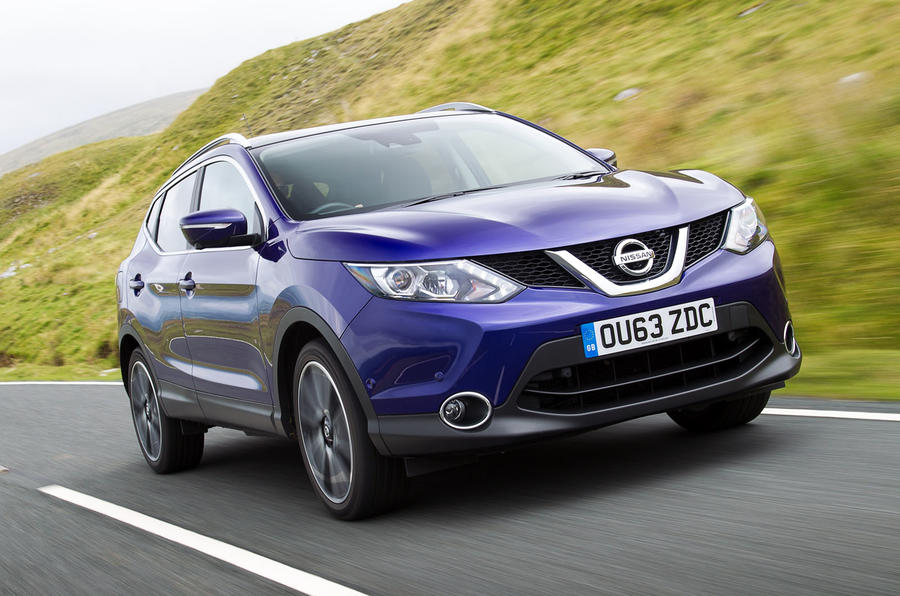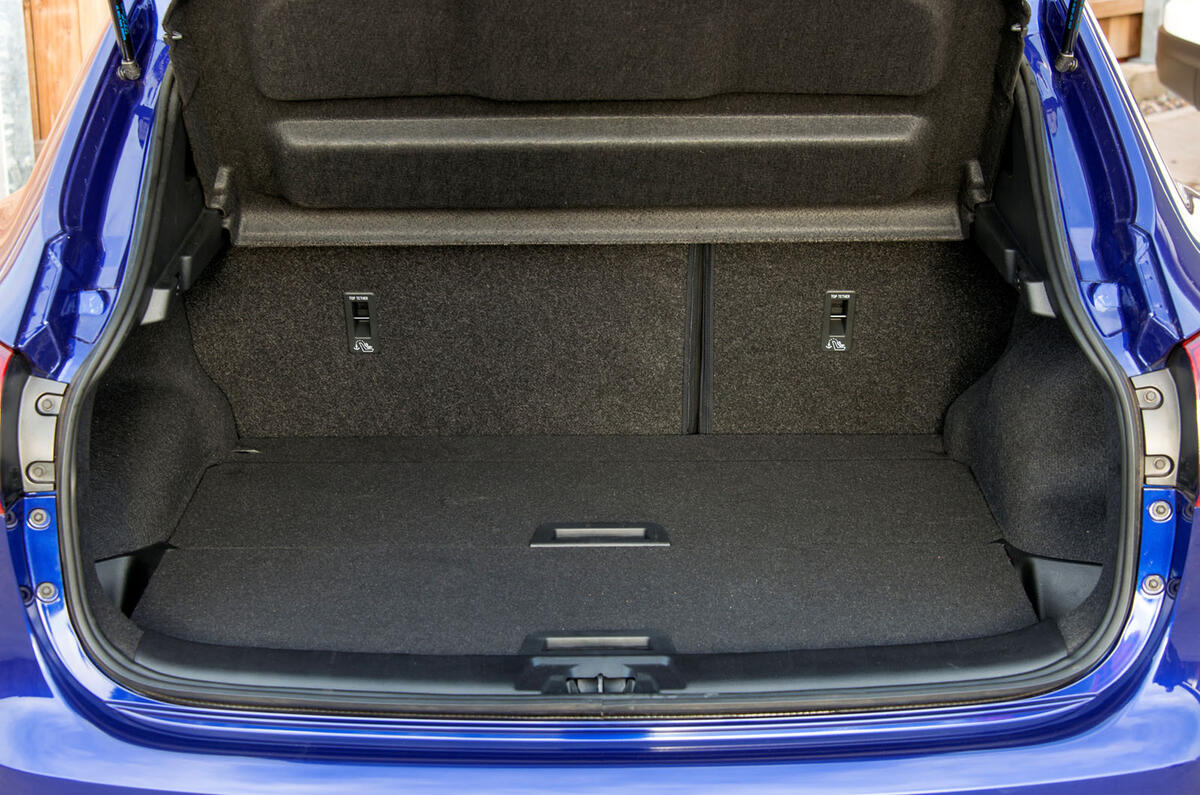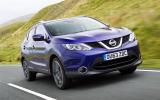It’s tempting to use the term ‘squeezing more from less’ with almost every new engine these days, as they all seem to be chasing the same goal.
Nissan’s own downsizing effort certainly makes some formidable statements when compared with the old 2.0-litre unit: a 15% improvement in power, which now peaks at 161bhp and 22% more torque, which rises to 177lb ft.
Opting for the new petrol model will put you at the helm of the quickest and fastest model in the current Qashqai range, too, with 0-62mph taking 9.1sec and a top speed of 124mph.
What Car?, our sister publication, made the Qashqai its 2014 Car of the Year, and one of the many qualities that won over the judges was refinement. Thankfully, this new engine does nothing to diminish that asset, being both smooth and quiet no matter what the revs.
This is a good thing because there’s something of a Jekyll and Hyde character to this motor. Work it hard from 3000rpm and above and you’ll find it's quite the jackal, spiriting the Qashqai around with a peppiness that’s seemingly out of sorts for a crossover, even a small one.
Drop below 3000rpm, however, and you're outside the turbo’s optimum operating range. This renders the engine lethargic and laggy, and you can easily find yourself hurriedly hunting through the six-speed manual gearbox for a more suitable ratio.
Once you’re up to speed this becomes less of an issue, and the extra refinement of the petrol certainly makes the DIG-T 163 a restful place in which to rack up motorway miles. There’s barely any tyre noise and only a hint of wind noise from around the mirrors at 70mph.
At speed it rides well, too, which may be a result of the Active Ride Control that Nissan fits to all Qashqais. The system works by gently dabbing the brakes in order to control excessive body movement. However, at slow speeds, even this trickery can’t stop the car becoming jittery over broken road surfaces, although the 18in alloys fitted to our N-tec-spec test car won’t have helped.
With the Qashqai’s bias towards comfort, it isn’t as fun to drive as the Mazda CX-5, but it handles perfectly well for a small crossover. The steering is good, though, being lightly weighted around town while loading up nicely at speed.





















Join the debate
Add your comment
Private buyers I'll-served by diesel
I imagine VW are sweating about only offering diesel engines in the new Passat in the UK just as the tides turns against diesel. After watching Channel 4 Dispatches a week or two ago you would have to be irresponsible to buy a diesel particularly if you have children.
MPG
If Autocar would want to provide one piece of real, valuable information, then the mpg actually recorded is it...
You can always check the True
You can always check the True MPG figures published in What Car?
Petrol if I wanted one of these